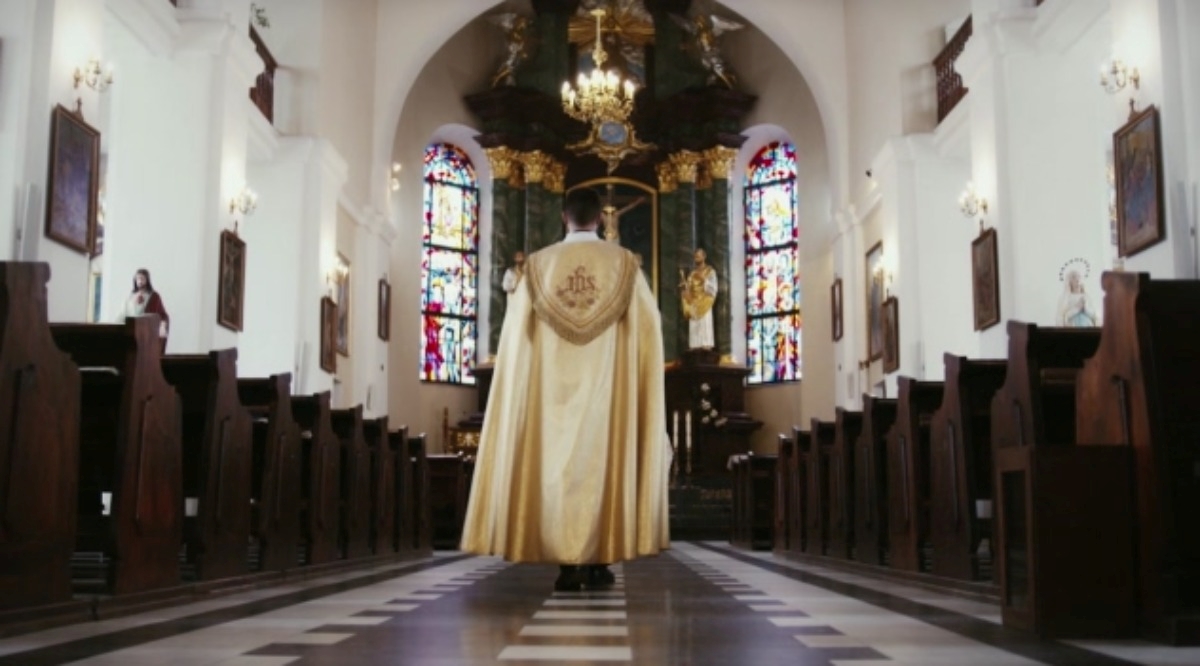Scrutiny over high-profile embezzlement and money laundering allegations enveloping the Roman Catholic Church in Greece continued unabated on Friday, with authorities now focusing on well-known nightclub entrepreneur.
The latter, with reputed business activity in the western port city of Patras, is alleged to have facilitated money laundering of more than three million euros emanating from the Church’s coffers, with two high-ranking clerics at the center of the probe.
The businessman is described as hailing from western Greece, aged 60, with involvement in previous cases of blackmail, fraud and intimidation. One blackmail victim, reports on Friday revealed, was an Autocephalous Orthodox Church of Greece Metropolitan (an ecclesiastical ranking akin to bishop) in south-central Greece.
The suspect was convicted at the time by a three-justice first instance court of extortion and handed down an eight-year suspended sentence and a fine – i.e. he served no jail time.
“For some of the businessmen it appears there’s criminal history, it’s not clear who and how many are involved because police have not yet received evidence to proceed with their own investigation into the case,” a police spokeswoman said on Friday when asked by reporters about the case.
In a later reply, a spokesman for the Roman Catholic Church in the predominately Orthodox nation of roughly 11 million, Archbishop of Athens Theodoros Kontidis, said that “…following press reports of embezzlement and money laundering, we state that no official information on the matter has been provided. We are, therefore, awaiting information from relevant authorities in order to take an official position on the matter.”
The investigation began after the independent tax bureau’s money laundering unit received information of suspicious money transfers over the past six years by the Catholic Church’s treasury, and with the total exceeding six million euros. Due to the Patras businessman’s previous extortion conviction, authorities are investigating whether blackmail is also behind the money transfers.
The case has attracted internation press attention, with dispatches by Reuters and ANSA, among others.
Native Greek Catholics in the country number between 50,000 to 70,000, with the biggest communities on the Cyclades islands of Syros and Tinos. Nevertheless, the arrival of foreign-born Catholics from eastern Europe, expatriates from other western countries and workers from the Philippines have raised the figure of permanent Catholic faithful to more than 300,000, by some estimates.
Results of the money laundering unit’s investigation, in fact, has been assigned to prosecutors on the island of Syros.
